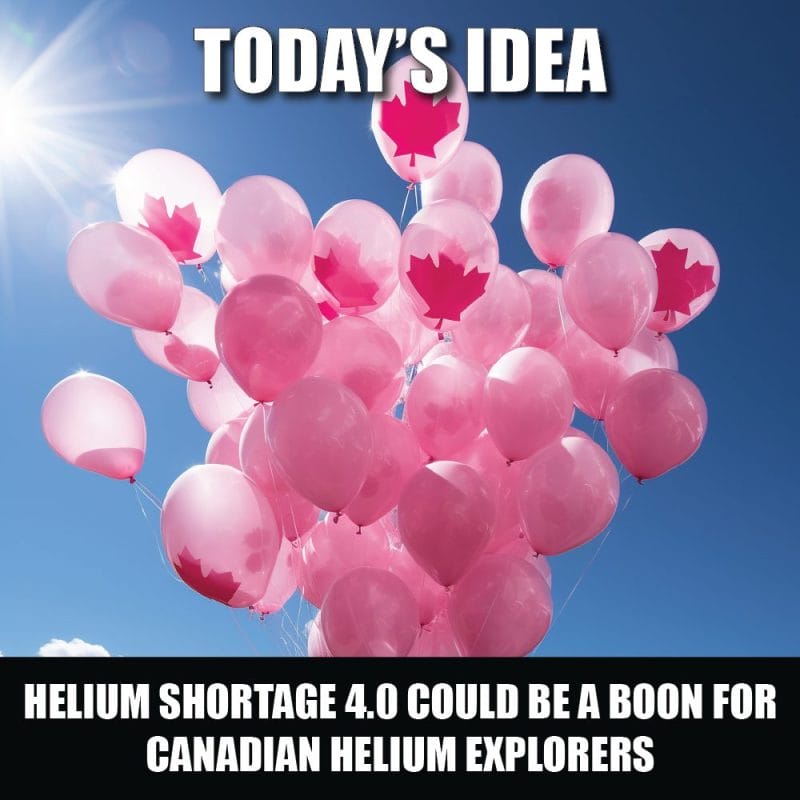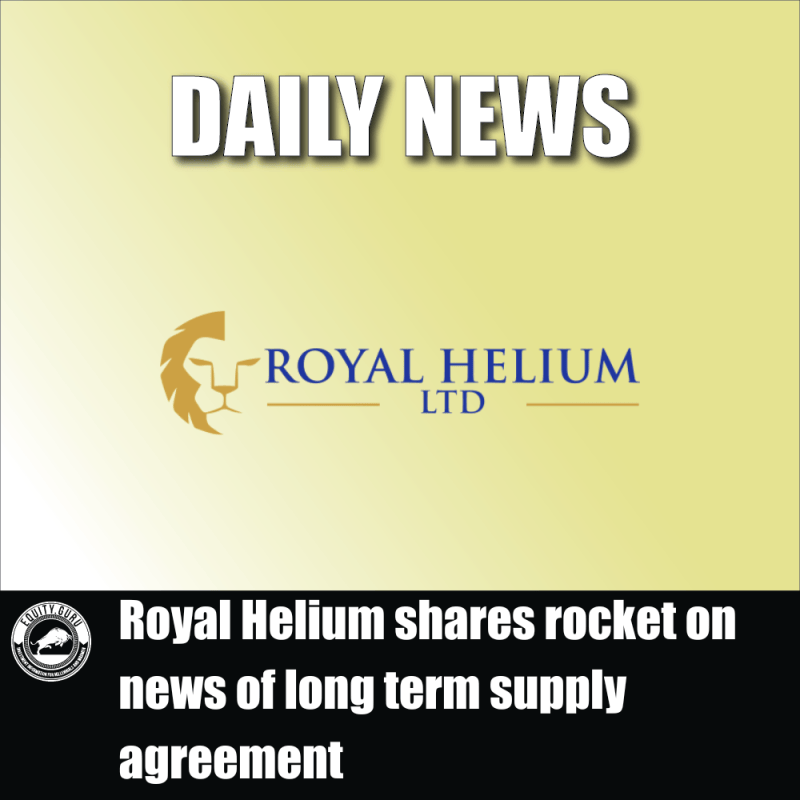Helium, the second most abundant element in the universe, possesses some incredibly unique properties that make it integral to modern society. It is the most stable of all the elements with the lowest melting point, remaining a gas unless under extreme conditions, only becoming liquid at temperatures near absolute zero.
These qualities make helium perfect for use in medical diagnostic equipment like MRI’s. Helium-neon lasers are used in eye surgery. The military uses helium in rocket engine testing, scientific balloons, surveillance craft, air-to-air missile guidance systems. Helium is used to cool thermographic cameras, detect gas leaks, act as an inert barrier in rockets during lift off or in arc welding, provide a gas mix with oxygen for divers as well as act as a cooling medium in nuclear reactors. The list goes on.
For most of these uses, there is no substitute for helium. Unfortunately, helium is a non-renewable resource and despite its plentiful nature in the cosmos, it is exceedingly rare on earth and according to Nobel Laureate Robert C. Richardson, the Cornell professor who discovered superfluidity, America’s helium reserve will run out by 2030. The exploration and development of new helium resources is more important than ever.
Luckily, the U.S. Geological Survey has estimated that Canada hosts helium resources of approximately 70 billion cubic meters, making it the fifth largest helium reserve in the world. Most of these reserves are in Saskatchewan, but parts of Alberta, BC and Manitoba have shown good potential for development.
The Government of Saskatchewan launched its Helium Action Plan at the end of 2021 with the aim of being able to supply 10% of the global helium market by 2030. The provincial governing body also expanded the Saskatchewan Petroleum Innovation Incentive program to include helium projects.
To further cement Saskatchewan’s position as helium leader in Canada, North American Helium opened its $30 million CAD Battle Creek Helium Purification Facility, the largest facility of its kind north of the 49th parallel.
If that wasn’t enough, that same year, Royal Helium (RHC.V), an explorer based in Saskatchewan, announced a helium discovery at its Climax project, noting it had the potential to be one of the largest helium discoveries in the province’s history.
Royal Helium controls 1.0 million acres of helium rights with over 30 seismic drill targets on 16 distinct properties over two provinces. The company owns 100% of its production infrastructure and has pre-sold the production of its helium for three years at competitive prices.
The company is transitioning from a pure helium play to a junior industrial gas player and is in the midst of commissioning Alberta’s largest helium processing plant. With the foundation laid and initial production expected this year, Royal Helium is confident it can develop and bring its other helium assets online in a much shorter time frame.
Royal reported $252,748 in cash and cash equivalents as of June 30, 2023, with a net comprehensive loss of $2.73 million for the three months ended June 30, 2023. Only considering the company’s assets of $75 million, its market cap of $70.29 million seems in line with Royal’s intrinsic value. However, considering how close the company is to production and the revenue stream potential, there is much room for SP growth. Yes, there is risk as there is with any exploration play, but the payoff could be worth it. Remember do your due diligence and speak with an investment professional before making any investment decisions.
In short, with the Bureau of Land Management getting out of the helium business, global prices for helium that were once determined by the BLM’s auction are now subject to broad market price discovery and with the continuing and building shortage of helium compared to growing demands, helium will soon see an uptick and explorers like Royal Helium could provide investors with a nice retirement nest egg.







